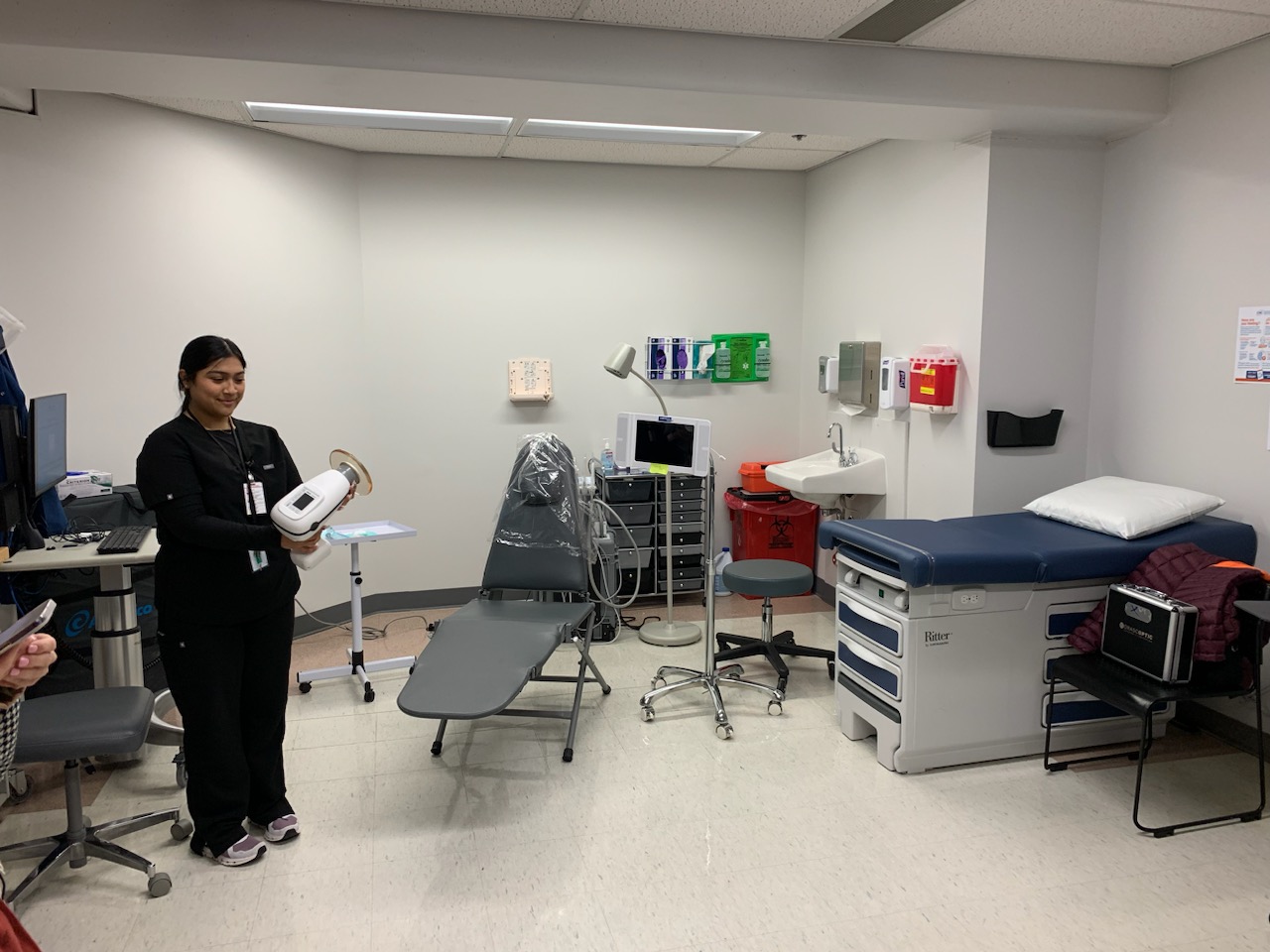
Integration of Peer Support into Care Delivery
Peer navigators play a pivotal role in guiding, supporting, and advocating for those who need help with navigating healthcare, social services, and government resources. Peer navigators are individuals who have lived through similar experiences as those they serve. They possess firsthand knowledge of the challenges and triumphs, making them uniquely qualified to offer support and guidance. They provide emotional support, share practical advice, and offer insights garnered from their own journeys. This peer-to-peer connection fosters trust, understanding, and empathy, creating a safe space for individuals to voice their concerns and seek guidance without fear of judgment.
Homage and Latino Educational Training Institute (LETI), both funded by Verdant, depend on “peer navigators” to connect clients to resources. Homage has been operating their Senior Peer Counseling Program for 18 years and trains volunteers 55+ to support older adults who are struggling with life changes, loss, or other emotional issues. They recently expanded their program to be inclusive of the bi-lingual clients they serve. They are recruiting senior peer counselor volunteers and developing the program to offer peer counseling to Latin/Hispanic, Korean, Chinese, Vietnamese, Filipino and Black elders. Because of the long-term isolating effects of the pandemic, they have seen an increased need for mental health support. Peer support is a well-established pathway to helping older adults feel less isolated, accepted, and emotionally secure. A peer who has that knowledge can be highly successful in establishing rapport and trust. In 2023 their Senior Peer Counseling program had 22 volunteers and served 39 clients.
LETI’s Promotors program recruits volunteer promotors to provide support to community members that share the same culture, neighborhood, and life experiences. LETI’s promotors bridge cultural and linguistic barriers that often hinder effective communication and access to services. Their deep understanding of cultural nuances and lived experiences ensures that support is tailored to meet the unique needs of everyone, fostering inclusivity and cultural competency. Peer navigation combats the stigma associated with various mental health and social challenges by fostering open dialogue and understanding. Individuals often feel more comfortable discussing their concerns with someone who has walked a similar path, reducing feelings of isolation and shame.
Both programs train individuals with lived experiences to become peer navigators, equipping them with the skills and knowledge needed to effectively support their peers. Peer navigators offer emotional support, share coping strategies, and provide information on available resources. They offer hope, empathy, and empowerment. Their lived experiences, cultural competence, and commitment to supporting their peers make them invaluable allies in the journey towards improved mental health and well-being.

